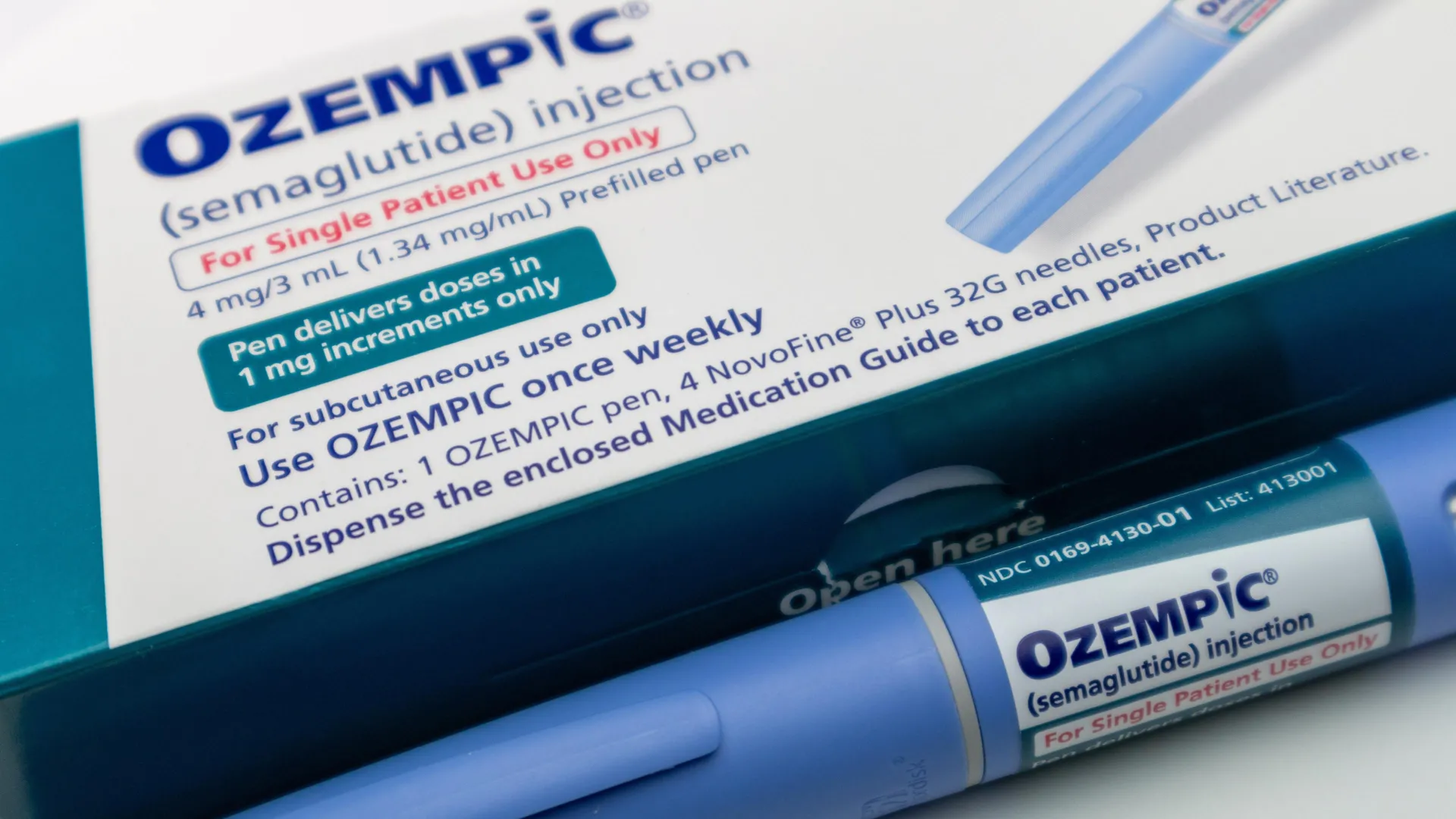An extraordinary edition of the Mexican Patent Linkage System’s Gazette was published on October 30, 2023, focusing on allopathic medicines and introducing patents that include so-called use claims. This development marks a significant achievement for the innovative pharmaceutical industry in Mexico, which has actively campaigned for these legal protections.
The publication represents a culmination of extensive policy efforts made by various associations within the industry, which have consistently advocated for the inclusion of use claims in the patent framework. This advancement is particularly encouraging given the challenges posed by previous exclusions and the lack of adherence to these claims.
Recognition of International Standards
The release of this edition also acknowledges the role of the Mexican Institute of Industrial Property (IMPI) in fostering adherence to international standards for the protection of industrial property rights. By aligning with international provisions and commitments, the Mexican government has taken a significant step towards enhancing the legal landscape for pharmaceutical innovation.
At OLIVARES, a leading law firm specializing in intellectual property, the publication is under review, and the firm emphasizes its importance in the context of ongoing developments in the patent linkage system. This system, designed to connect the regulatory approval of pharmaceuticals with patent rights, is critical for ensuring that innovations are adequately protected.
The inclusion of use claims in the patent system is particularly noteworthy, as it allows for broader protection of inventions, thereby encouraging further research and development in the pharmaceutical sector. This aligns with global trends where nations are increasingly recognizing the importance of robust intellectual property protections to foster innovation.
Future Implications for the Pharmaceutical Sector
As the industry continues to navigate the implications of this publication, stakeholders are encouraged to stay informed about the evolving landscape of patent law in Mexico. The commitment to legal action by industry associations has proven effective, and the recent changes signal a positive trajectory for future innovations.
With this development, there is an expectation of increased investment in research and development within Mexico’s pharmaceutical sector. Enhanced patent protections could lead to more robust product pipelines and ultimately benefit consumers through improved access to new medicines.
In conclusion, the extraordinary edition of the Gazette signifies a pivotal moment for the Mexican pharmaceutical industry, reflecting both the perseverance of its advocates and the government’s responsiveness to international standards. As OLIVARES continues to analyze the implications of this update, stakeholders are encouraged to remain engaged with the evolving dynamics of the patent linkage system.







